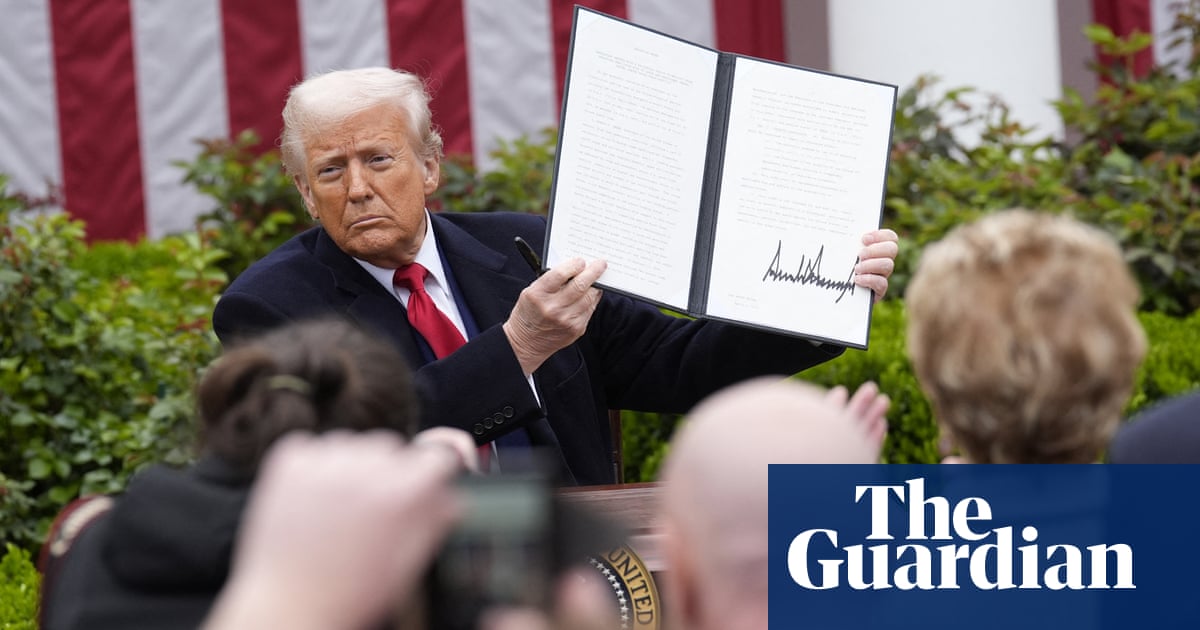A federal appeals court heard arguments Tuesday in a case that could further erode voting rights protecting minority voters or solidify that Louisiana’s legislative maps diluted Black voters’ power.
The fifth circuit court of appeals, which hears cases brought for appeal from Texas, Louisiana and Mississippi, will weigh in on Nairne v Landry, a case in which a federal judge in Louisiana ruled the Republican-controlled legislature had violated section 2 of the Voting Rights Act with its newly created maps.
Section 2 prohibits discrimination on the basis of race in voting processes and ensures electoral procedures are “equally open to participation” for people regardless of race. When states redistrict every 10 years, they often face legal challenges for hindering the voices of minority voters.
In Nairne v Landry, the plaintiffs successfully argued that Black voters in Louisiana’s political power was diluted and they were not able to elect candidates they wanted outside of a small number of districts that packed in Black voters. Louisiana’s maps have been the subject of multiple lawsuits since they were finalized.
“Our win in the district court was a testament to our fight for fairness and inclusion in Louisiana’s political process,” plaintiff Dorothy Nairne said in a press release. “I know I speak not only for myself and the other plaintiffs, but also for so many Black community members across this state, when I say that new representation at our State Capitol would give us hope for justice.”
The case is being watched far beyond its impacts on Louisiana’s maps.
Section 2 of the Voting Rights Act is under attack from the right. The eighth circuit ruled in late 2023 that only the US government, not outside groups or citizens, could sue over violations of section 2. Most lawsuits over violations, though, come from entities outside the government, referred to as a private right of action. Closing this lane of accountability will significantly weaken the Voting Rights Act.
The private right of action issue is expected to make it up to the US supreme court. Of the 466 cases brought under section 2 since 1982, only 18 were from the Department of Justice.
The fifth circuit, based in New Orleans, is seen as primed for the Maga era. The New York Times called it the “proving ground for some of the most aggressive conservative arguments in American law”.
A petition to appeal the case from the Republican attorney general of Louisiana notes how the lower court decision puts the court on the “wrong side of a circuit split with the eighth circuit on an issue of exceptional importance”.
Republican attorneys general from other states filed a brief with the court arguing the lower court’s decision was unconstitutional, indicating their interest in eliminating the private right of action. They also argued that Black voters’ power was not hindered by Louisiana’s maps.
“Reading the statute like a statute confirms that there is equal ‘opportunity’ to ‘participate in the political process’ in Louisiana today and that Louisiana’s legislative districting laws do not violate the VRA,” the Republican attorneys general wrote.

.png) 2 months ago
27
2 months ago
27













































